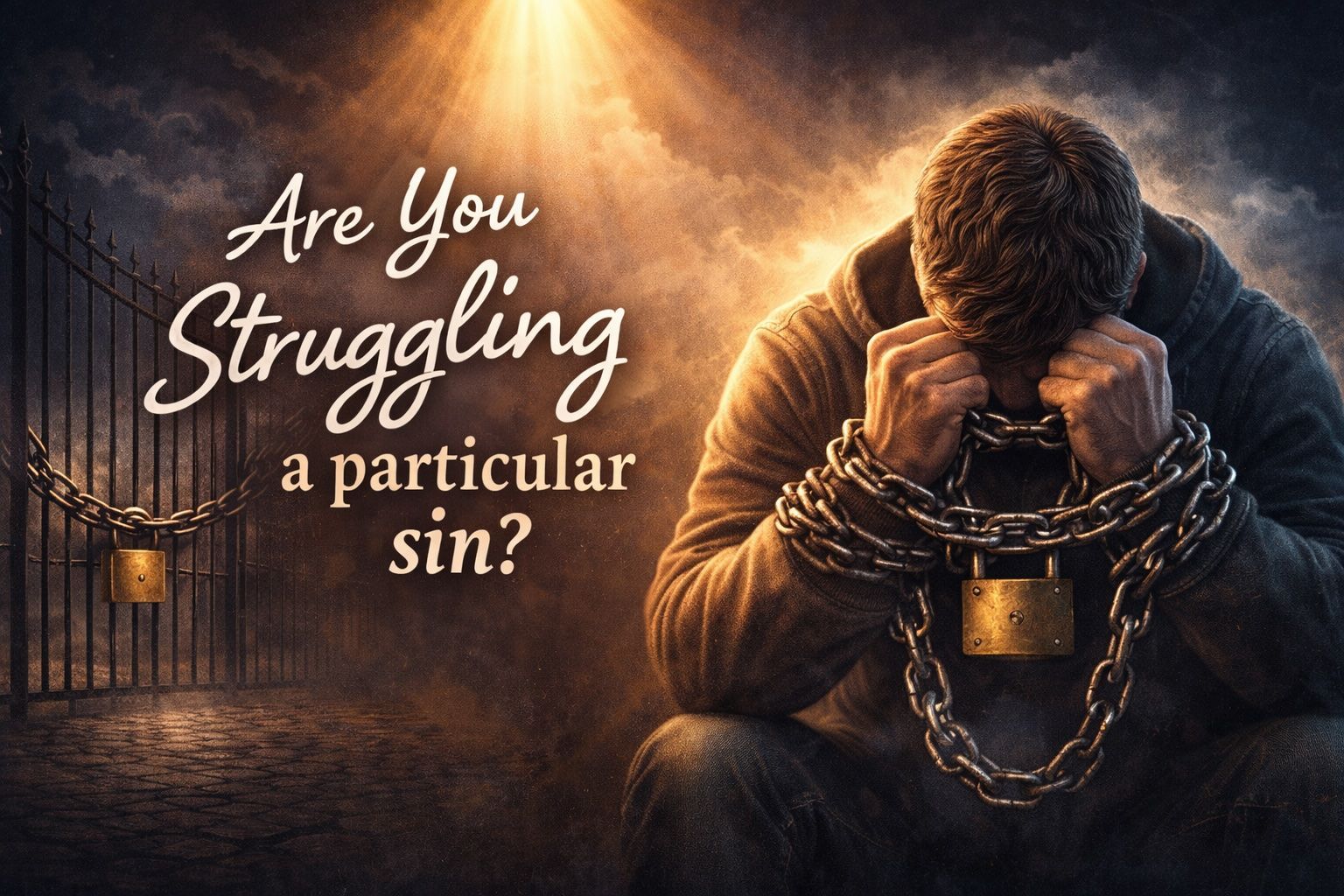Homily for 30th Sunday in Ordinary Time 2025

October 26, 2025 - Thirtieth Sunday in Ordinary Time
Reading 1: Sir 35:12-14, 16-18
Responsorial Psalm: Ps 34:2-3, 17-18, 19, 23: R. (7a) The Lord hears the cry of the poor.
Reading 2: 2 Tm 4:6-8, 16-18
Gospel: Lk 18:9-14
Dear brothers and sisters in Christ,
Our first reading today from the book of Sirach talks about the cry of the oppressed, the wail of the orphan and the complaint of the widow, and one who serves God... that his petition reaches to the heavens.
Well, this got me thinking about the heavens, the stars. It got me thinking about those who have travelled to the heavens.
There is a quote from German Astronaut Alexander Gerst who said: "We do not see any borders from space …. We just see a unique planet with a thin, fragile atmosphere, suspended in a vast and hostile darkness. From up here it is crystal clear that on Earth we are one humanity, we eventually all share the same fate."
Donald Williams, a United States astronaut who was on the spaceshuttles Discovery and Alantis said, “For those who have seen the Earth from space, and for the hundreds and perhaps thousands more who will, the experience most certainly changes your perspective. The things that we share in our world are far more valuable than those which divide us.”
And Charles F. Bolden Jr., an astronaut who piloted the space shuttles Columbia and Discover said, “…. from the vantage point of space, there are no borders, no man-made boundaries. You see natural boundaries, rivers, lakes, mountains and things like that, that if you know a little about geography, yeah, there's that country over there and that country over there, but it's not lines on a map and things. It looks so peaceful and so serene, but coming from this place, you go, ‘Yeah, it ain't really like that.’"
The famous Neil Armstrong said that this thought came to him when he was on the moon “It suddenly struck me that that tiny pea, pretty and blue, was the Earth. I put up my thumb and shut one eye, and my thumb blotted out the planet Earth. I didn't feel like a giant. I felt very, very small.”
These astronauts had an experience which changed their lives when they looked on our fragile little planet. They were humbled. They were physically separated from the rest of humanity in a way that is unthinkable to the rest of us. In that great separation they came to a great appreciation for our planet and humanity in general. It is a lesson that the Pharisee in Our Blessed Lord’s parable did not learn.
Notice how Jesus portrays the Pharisee. “[He] spoke this prayer to himself:” The prayer was not really addressed to God, the prayer was the Pharisee telling God how great the Pharisee was. The Pharisee forgot the purpose of his religion: To unite himself with God and with his fellow man. Instead, he revels in the fact that he is distinct and set apart from his fellow man: “I thank you God that I am not like other men … or even this tax collector.”
Let’s contrast this with the Tax Collector. He, like the astronauts I spoke of at the beginning of this homily, finds himself separated from the community. He is on the outside looking in…. etc.
This Gospel passage today teaches us something about humility and about prayer, and that attitude that we need to adopt when we enter into prayer with the Most High God. It also reminds us of the ultimate meaning of our faith.
I want to read to you this quote from the Dogmatic Constitution on the Church that came out of the second Vatican Council (paragraph nine):
God, however, does not make men holy and save them merely as individuals, without bond or link between one another. Rather has it pleased Him to bring men together as one people, a people which acknowledges Him in truth and serves Him in holiness. [….] Christ instituted this new covenant, the new testament, that is to say, in His Blood,(87) calling together a people made up of Jew and gentile, making them one, not according to the flesh but in the Spirit. This was to be the new People of God. For those who believe in Christ, who are reborn not from a perishable but from an imperishable seed through the word of the living God,(88) not from the flesh but from water and the Holy Spirit,(89) are finally established as "a chosen race, a royal priesthood, a holy nation, a purchased people . . . who in times past were not a people, but are now the people of God".(90)
As we hear this parable of our Lord, we tempted to think of the Pharisee as a bad man. Because we’ve heard Jesus call the Pharisees whitewashed tombs and hypocrites in the Gospels. But the people of Jesus’ time saw them as very good men. They practiced religious observance. They really were not greedy, adulterous, or dishonest. They really did give their tithes. These were all good things, and they are important aspect of the law to keep, but there are other weightier aspects of the Law that are more important.
It is important for us to recognize why religion exists. As I said earlier, it exists for one purpose: to be united with God, and with our neighbor. Remember there is a connection between this and the two greatest commandments: Love of God and love of neighbor.
Notice that Jesus says that this Pharisee “spoke this prayer to himself:” The prayer was not really addressed to God, the prayer was the Pharisee telling God how great the Pharisee was. The Pharisee forgot the purpose of his religion: To unite himself with God and with his fellow man. The purpose of our religion is unity.
What the Pharisee forgot was that when we stand before God, our faults and our flaws are magnified like a piece of glass in the bright sun. Every smear and streak and imperfection is recognized. No matter how perfect we might think that we are, we are merely creatures standing before the Creator; and we keep in mind that God saves us as a people, and not merely as individuals.
Now let’s look at the tax collector again. We are tempted to think of him as a good guy. But the tax collectors were despised by the Jews for a good reason. They worked with the invaders into their land. The worked with the conquerors and helped them to take money from their own people.
This tax collector recognizes that he has distanced himself from his people and from God. But notice his attitude. He has a different approach: “O God, be merciful to me a sinner.” This is a recognition of who God is and who he is standing before God. We see, however, that he desires union. He desires to be united with God and with his neighbor. He understands what his religion is meant to be about: Love of God and love of neighbor.
And notice that this acknowledgment was heard. That humble prayer was heard, for Jesus says that he went home justified, because presumably there was a firm purpose of amendment to change his life.
And so, my brothers and sisters, it is important that we recognize why we are here. Not merely to follow a bunch of rules and regulations. Not merely about a bunch of precepts and commands. But because all of this, all that the Church is, the reason for its existence is so that we might be united with our God and be united with one another. God has given us the means through Christ and His Church to attain that unity, that communion.
Unity sounds great, and we’ll often hear that a lot... even in politics. But unity is not value in itself; it must be united in something or someone else. Our unity with God the Father is only possible in our Lord Jesus Christ, who is the way, the truth, and life. He is our Unity. This unity does not come about through Buddha or Mohammed or Joseph Smith or any other religious leader, our unity is in Christ. In following his way. Following the truth. And in Him is our eternal life.
The second paragraph of Lumen Gentium states it well:
The eternal Father, by a free and hidden plan of His own wisdom and goodness, created the whole world. His plan was to raise men to a participation of the divine life.
And that is what drives our missionary mandate: Paragraph 17 states:
In this way the Church both prays and labors in order that the entire world may become the People of God, the Body of the Lord and the Temple of the Holy Spirit, and that in Christ, the Head of all, all honor and glory may be rendered to the Creator and Father of the Universe.
When we look upon the stars, or hear those astronauts describe how small the earth appears from space, we are reminded of our place before the Creator. From that distance, they saw no borders, no divisions — only one fragile world, one human family. From that same heavenly perspective, but also a perspective that knows us intimately in our hearts, God looks upon us — not with the eyes of judgment, but with the eyes of mercy, through the pierced Heart of His Son.
Jesus Christ is the true meeting point between heaven and earth. He is the humble one who descended from the glory of heaven to share our weakness, our poverty, and even our death. He is the tax collector’s prayer embodied — the innocent one who stood in the place of sinners and cried out, “Father, forgive them.”
And so, when we humble ourselves before God, when we confess our need for mercy, we draw close to the very Heart of Christ. That is where true unity begins — not in vague ideals or earthly systems, but in the crucified and risen Lord who gathers all peoples to Himself.
As St. Paul said in today’s reading, “The Lord stood by me and gave me strength.” It is Christ who justifies, Christ who strengthens, Christ who brings us home.
From His Cross, He draws all men to Himself — the proud and the poor, the Pharisee and the tax collector, the native and the sojourner... all find their place beneath His mercy. And it is from that mercy that the Church receives her mission: to go forth and make known the love of the One who first loved us.
So let us pray today with the humility of that tax collector: “O God, be merciful to me, a sinner.”
Let that be our prayer at this altar, where Christ Himself becomes present for us — humbling Himself once more under the appearance of bread and wine, that we might be lifted up into His life.
And when we leave this place, let us go home transformed, and sent, to make Christ known by the mercy we show, by the patience we bear, and by the love that binds us together as one Body in Him.
For in the end, it is not our goodness that saves us, but His. It is not our striving that unites us, but His Cross. It is not our prayer that pierces the clouds, but His eternal intercession before the Father.
To Him be all glory and honor, Christ our Lord, who humbled Himself for our sake, that in Him every soul might be raised to heaven. Amen.


